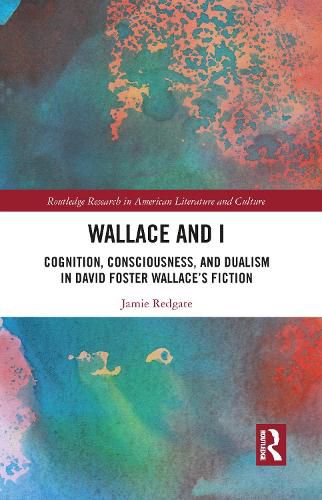Readings Newsletter
Become a Readings Member to make your shopping experience even easier.
Sign in or sign up for free!
You’re not far away from qualifying for FREE standard shipping within Australia
You’ve qualified for FREE standard shipping within Australia
The cart is loading…






Though David Foster Wallace is well known for declaring that Fiction’s about what it is to be a fucking human being, what he actually meant by the term human being has been quite forgotten. It is a truism in Wallace studies that Wallace was a posthumanist writer, and too theoretically sophisticated to write about characters as having some kind of essential interior self or soul. Though the contemporary, posthuman model of the embodied brain is central to Wallace’s work, so is his critique of that model: the soul is as vital a part of Wallace’s fiction as the bodies in which his souls are housed. Drawing on Wallace’s reading in the science and philosophy of mind, this book gives a rigorous account of Wallace’s dualism, and of his humanistic engagement with key postmodern concerns: authorship; the self and interiority; madness and mind doctors; and free will. If Wallace’s fiction is about what it is to be a human being, this book is about the human ‘I’ at the heart of Wallace’s work.
$9.00 standard shipping within Australia
FREE standard shipping within Australia for orders over $100.00
Express & International shipping calculated at checkout
Though David Foster Wallace is well known for declaring that Fiction’s about what it is to be a fucking human being, what he actually meant by the term human being has been quite forgotten. It is a truism in Wallace studies that Wallace was a posthumanist writer, and too theoretically sophisticated to write about characters as having some kind of essential interior self or soul. Though the contemporary, posthuman model of the embodied brain is central to Wallace’s work, so is his critique of that model: the soul is as vital a part of Wallace’s fiction as the bodies in which his souls are housed. Drawing on Wallace’s reading in the science and philosophy of mind, this book gives a rigorous account of Wallace’s dualism, and of his humanistic engagement with key postmodern concerns: authorship; the self and interiority; madness and mind doctors; and free will. If Wallace’s fiction is about what it is to be a human being, this book is about the human ‘I’ at the heart of Wallace’s work.